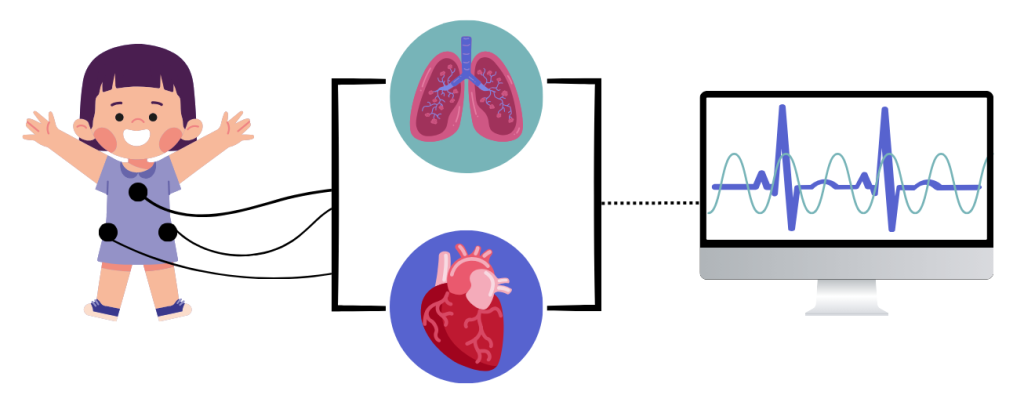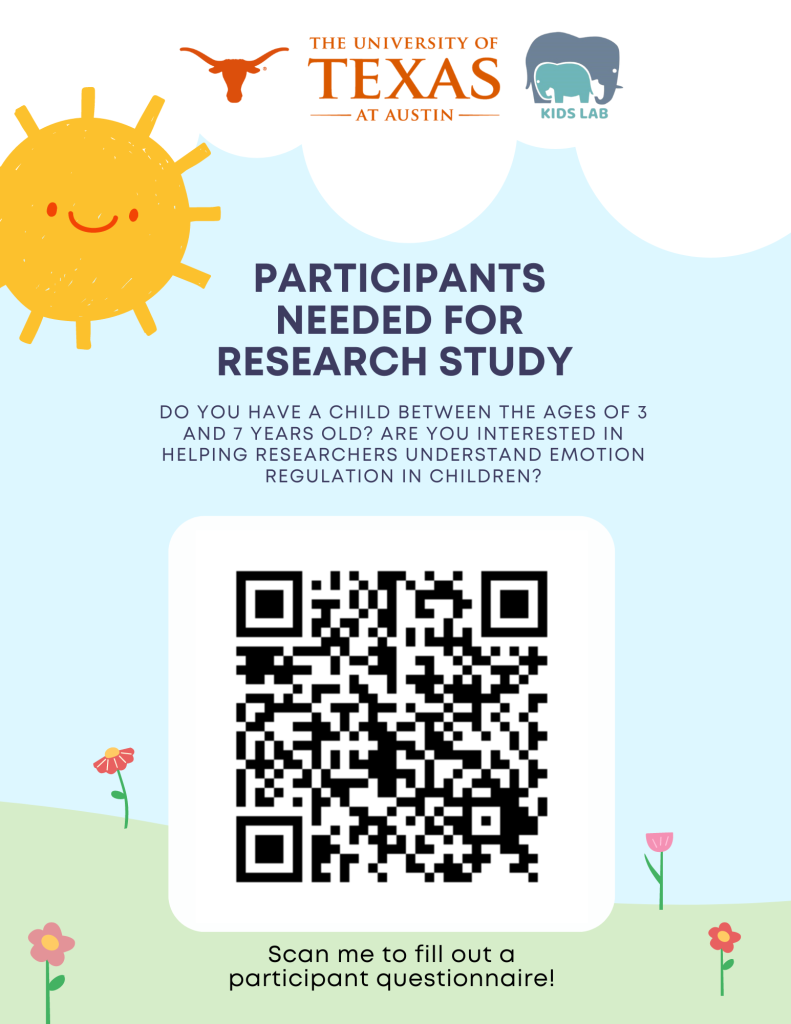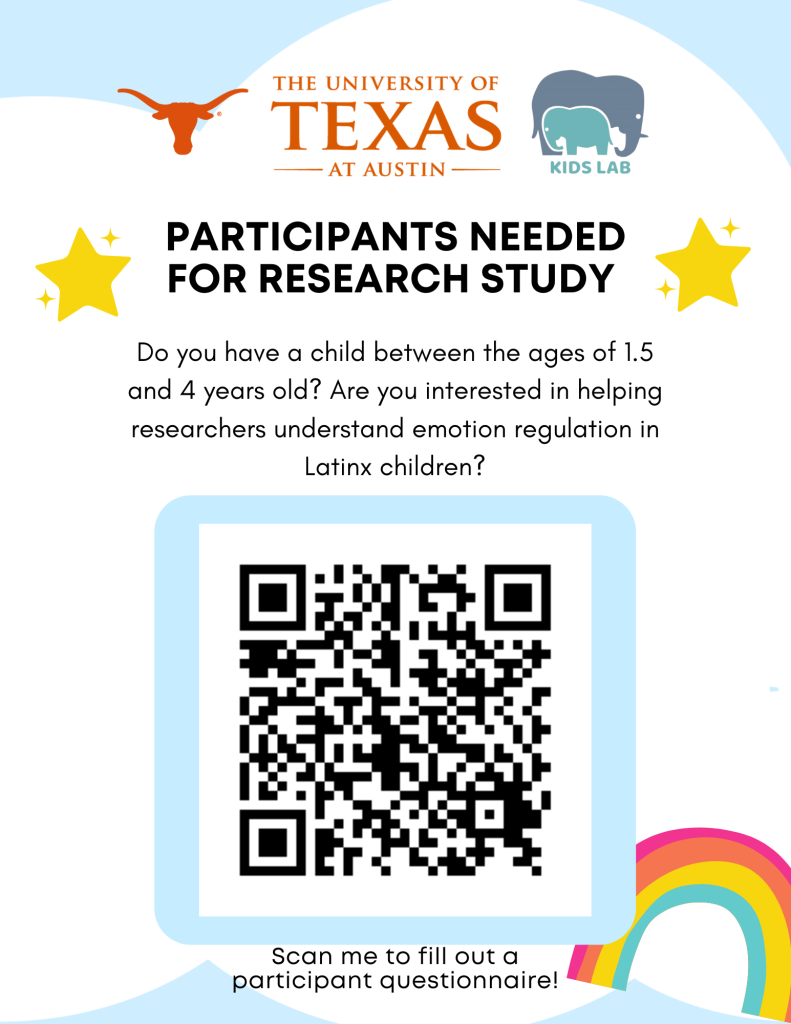Our Research


To gain a greater understanding of mental health and development as it relates to the sociocultural contexts in which children develop, our team utilizes a variety of research methods and analyses. Novel neuroimaging techniques, physiological measures, and socioemotional behavior analyses allow us to create exciting study paradigms that contribute to the expanding field of developmental psychopathology.
The interplay of biological and behavioral components provide incredible insights into how children develop emotion regulation mechanisms and identify early markers of mental health dysfunction. In addition to neurophysiological measures, participants in our studies complete cognitive behavioral interviews and tasks involved in working memory, inhibitory control, and cognitive flexibility.

Our Methods

Functional Near-Infrared Spectroscopy (fNIRS) is one of the most common portable and non-invasive neuroimaging techniques. Sensors on a fitted cap use waves of light to detect changes in oxygenated blood activity in the cortex of the brain. This is used to determine brain activity associated with emotional processing in parents and their children!

An electrocardiogram (ECG or EKG) is a simple physiological measurement that gives insights into the electrical activity of the heart. Electrode sensors are placed on the torso and are wired into a mobile device that is easily wearable by the participant. Our lab looks at respiratory sinus arrhythmia (RSA), which is broadly defined as breathing patterns associated with heart rate, to determine physiological behavior during emotion regulation.

An electroencephalogram (EEG) measures electrical activity in the brain via small electrodes placed on the scalp with a conductive gel. Our lab is interested in looking at deep neural mechanisms associated with emotion processing and the development of psychopathology.
Current Studies
Please read below to hear about the current studies going on in our lab. If you are interested in participating you can scan the flyer QR code or click here to fill out our participant survey!

Caregiver-child Dynamics and Socioemotional Development (CDSD)
This study aims to understand how children’s socioemotional and brain development are shaped by caregiver-child interactions. Additionally, we are interested in understanding how children’s socioemotional and brain development relate to the emergence of psychopathology (anxiety, depression, etc.)
Eligible participants: Children (3-7 years old) and their adult caregivers. English and/or Spanish fluency.
Participation will take place over 1.5 years and includes two 3.5 hour in-lab visits and two online survey completions. In-lab visits include playing computer games, doing activities together and separately, as well as complete behavioral interviews. Both the child and their caregiver wear external sensors (fNIRS, ECG) that record biological activity while they complete the study tasks. There is also an opportunity to opt into completing at-home audio recording with a LENA device.
_____ _____ _____ _____ _____ _____ _____ _____ _____

Brain, Family, and Belonging (BFB)
This study aims to understand how biological, sociocultural and family influences contribute to Latine children’s socioemotional development.
Eligible participants: Children (1.5-4 years old) of Latinx/Hispanic/Mexican descent and their adult caregivers. English and/or Spanish fluency.
Participation will take place over 3 years and includes one 2.5 hour in-lab visit and two online survey completions. The in-lab visit include doing activities together and separately, as well as complete behavioral interviews. Both the child and their caregiver wear external sensors (EEG) that record brain activity while they complete the study tasks
